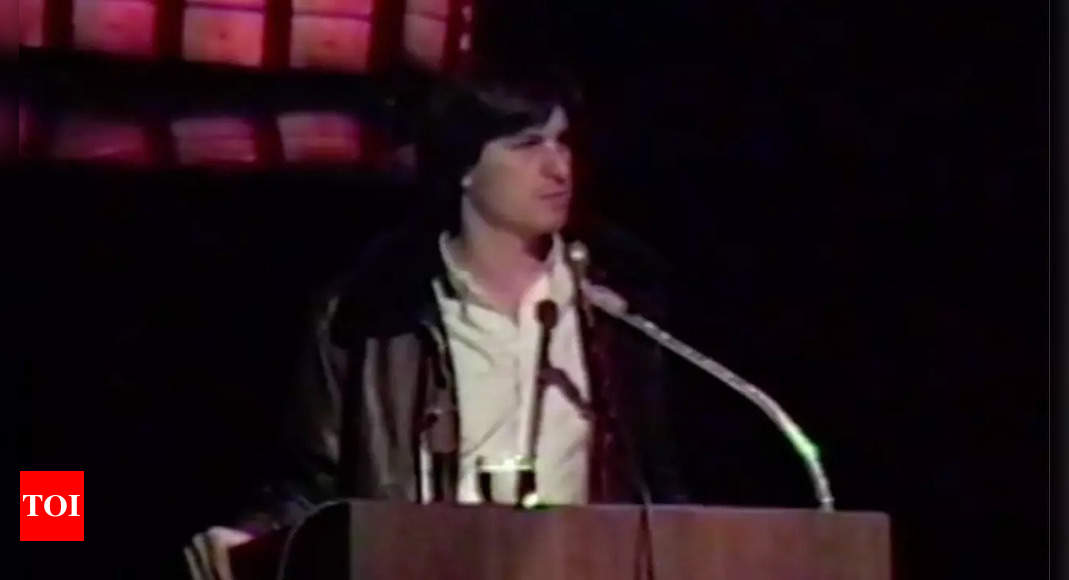While artificial intelligence as a technology may have taken off after its launch ChatGPT two years ago, the concept is far from new. Apple founder Steve Jobs, a visionary in the world of technology, predicted the potential of AI as far back as 40 years ago, envisioning machines that can answer questions and think like humans.
On Steve Jobs Archivethere is footage from 1983 of Jobs talking to people at the International Design Conference in Aspen. The old video shows what Jobs thought about computers at the time, how books may be replaced by computers one day, and the amount of work being done. done to understand the architecture of the brain to help machines mimic it.
You can watch the video and a lot of others by using this link
This is what he is talking about AI
And then we find that the way we’ve built computers in the past doesn’t work for the kinds of things we want to do in the future. And we’re investigating new architectures, these fancy words like non-von Neumann machines, etc. And what we’re doing is we’re starting to look at the human brain. How is the human brain built? And we discover that computers are very good at doing very simple things extremely precisely. And the human mind is very good at doing very complex things adequately. And there are a lot of people who are now starting to look at the brain as a model of an architecture for building a computer.
The main differentiation that now exists between the two machines, and I will use the word “machine” to describe the brain for a moment, is that man is obviously self-aware. We are conscious that we are conscious: “I think.” And as far as we know, no computer or any of the high primates has yet said, “I think.”
And so there’s a tremendous amount of work going on in the artificial intelligence community to try to understand what self-awareness is, to try to understand whether a computer can ever be self-aware. But I think the biggest thing that motivates many of us is, contrary to what we’ve just heard, we don’t know. We honestly don’t know if we are more than just a machine.
And we build better and better computers. We encounter roadblocks. Many people are spending the best parts of their lives right now trying to understand the architecture of the brain and how we can make better and better machines to mimic it. And I actually think that by the end of our lives we will know the answer to this question. And that’s what drives many of us.
